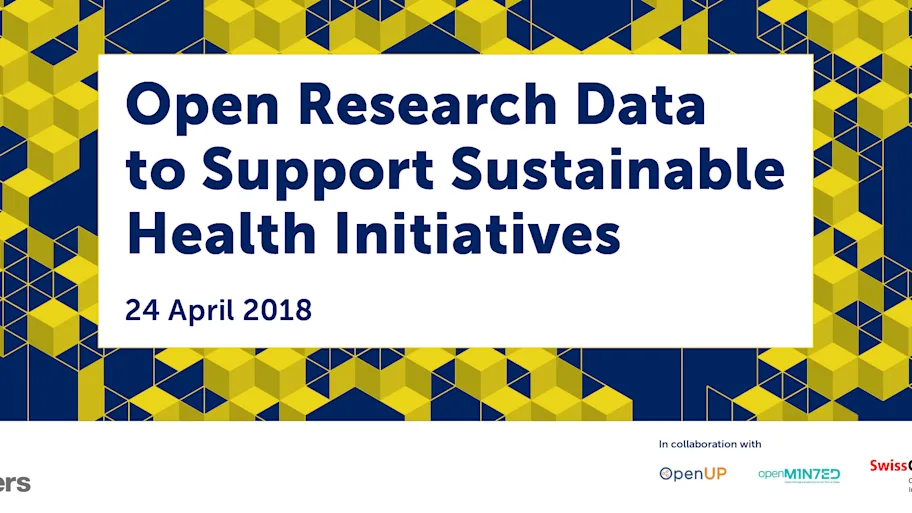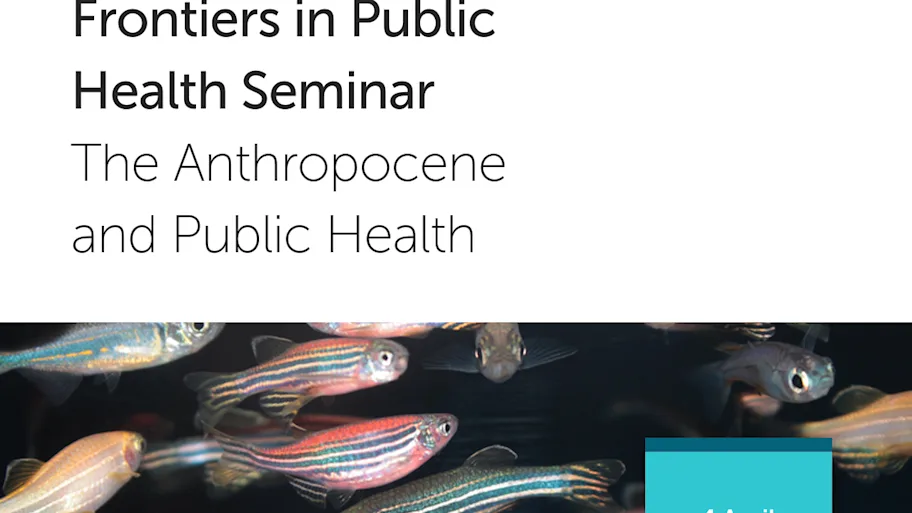
- Science news
- Frontiers news
- Frontiers in Public Health welcomes new Field Chief Editor
Frontiers in Public Health welcomes new Field Chief Editor
Frontiers in Public Health is proud to announce the appointment of our new Field Chief Editor, Professor Paolo Vineis.

Professor Vineis is Chair of Environmental Epidemiology at Imperial College, London and Head of the Unit of Genetic and Molecular Epidemiology at the Italian Institute for Genomic Medicine in Torino. His research is focused on assessing the impact of globalization on human health. He leads the Exposome and Health theme of the MRC-PHE Centre for Environment and Health at Imperial College and he is the coordinator of the Horizon 2020-funded project LIFEPATH.
We sat down with Professor Vineis to talk about the public health challenges we face on a global level and the responsibility that high quality peer-reviewed journals have in contributing to dissemination of relevant scientific content and translating it into practice.
Frontiers: In your opinion, what are the main public health challenges today?
Vineis: Despite considerable recent progress, several converging threats make the health of populations, particularly in low-income countries, unstable. I would highlight specifically climate change, increasing poverty in sectors of the population, and rising inequalities in health.
Frontiers: What challenges are you looking for in this Chief Editor position and what are your ambitions for Frontiers in Public Health?
Vineis: I would like Frontiers in Public Health to be a vehicle for rapid dissemination of high quality publications which speak to policy-makers and that are eventually translated into action. We can do better in making more sense of scientific data by more rational processes and procedures.
There are two drivers of excessive publication: one is the expression of recent changes in research – i.e consortia that favour papers with many contributors; the second, more questionable, is related to the fact that university or research careers are driven by publication. We need to overcome fragmentation, that characterizes current publication style, and, more importantly, we need to avoid publication bias, promoting consistency in scientific themes, supporting findings dissemination and translation into practice.
The peer review process is essential in this as the interplay between authors, editors, reviewers and scientists.
Frontiers: As a Gold Open Access publisher, Frontiers provides free and immediate online access to the scholarly literature for anyone in the world. Why is Open Access important for public health?
Vineis: Open Access is becoming more important in scientific communication and it facilitates the dissemination of scientific progress irrespective of wealth, sponsorship, etc, particularly in low income countries. Open access publishing can be challenging for some authors, partly because not all funders include expenses for Open Access publications in grants. But this may improve.
This trend is, indeed, improving. With the increase in Open Access mandates, institutions and funding agencies have created Open Access funds to cover article processing charges (APCs). Frontiers has recently signed the first-of-its-kind national Open Access framework agreement with the Austrian Science Fund (FWF) and the University of Vienna. The agreement allows Austrian researchers affiliated with (or funded by) these institutions to publish their articles in Frontiers’ open access journals through a simplified process that covers article processing charges. To date, Frontiers has 60 institutional membership plans in place with university libraries, consortia and funders.
Frontiers is committed to helping researchers overcome any financial barriers to publication and in cases where authors do not have the means to pay the APCs, they can benefit from the Frontiers fee-waiver program.
Frontiers: How do you see the influence of Internet and of the social media in the way people perceive science and public health issues? What are the unused opportunities?
Vineis: Like all technologies, internet and social media are a double-edged sword. There are excellent opportunities both for scientists and for the health sector, including prevention. Concerning the latter, the development of “apps” for health monitoring and personal data storage opens new avenues for health promotion. On the other side, it is now well established that the most effective prevention is through structural, societal interventions rather than strictly personalized actions. Individualized prevention – for example through the new communication technologies – can increase social inequalities. In the case of scientific research, new technologies have opened completely new avenues for a rapid exchange of ideas and theories. But there is a downside, that I would define as a lack of robustness in the elaboration of scientific theories and conceptions, deriving from lack of integration of constantly growing information into coherent views of the world.
Frontiers: What is the future of public health? Can you try to predict the most surprising changes that we will experience in the next 10-15 years?
Vineis: Surprising changes? Twenty years ago, Tony McMichael spoke of climate change and health and he was considered an outlier (see for example his book “Human Frontiers, Environments and Disease: Past Patterns, Uncertain Futures”, 2001). Now we start seeing the convergence of disciplines like meteorology, economics, social sciences and epidemiology. We strongly need this, and I hope we will have this surprise of a real interdisciplinarity. The big surprise will be when city-planners and policy-makers will start incorporating health concerns into their work. What was done by Pettenkofer in the 19th century for infectious diseases should now turn to non-communicable diseases.
The Frontiers in Public Health team looks forward to taking the Journal from strength to strength and meeting this interdisciplinarity challenge under Professor Vineis’ guidance. We thank our founding Field Chief Editor Professor Joav Merrick for his commitment and inspiration in establishing the Journal in 2013.






